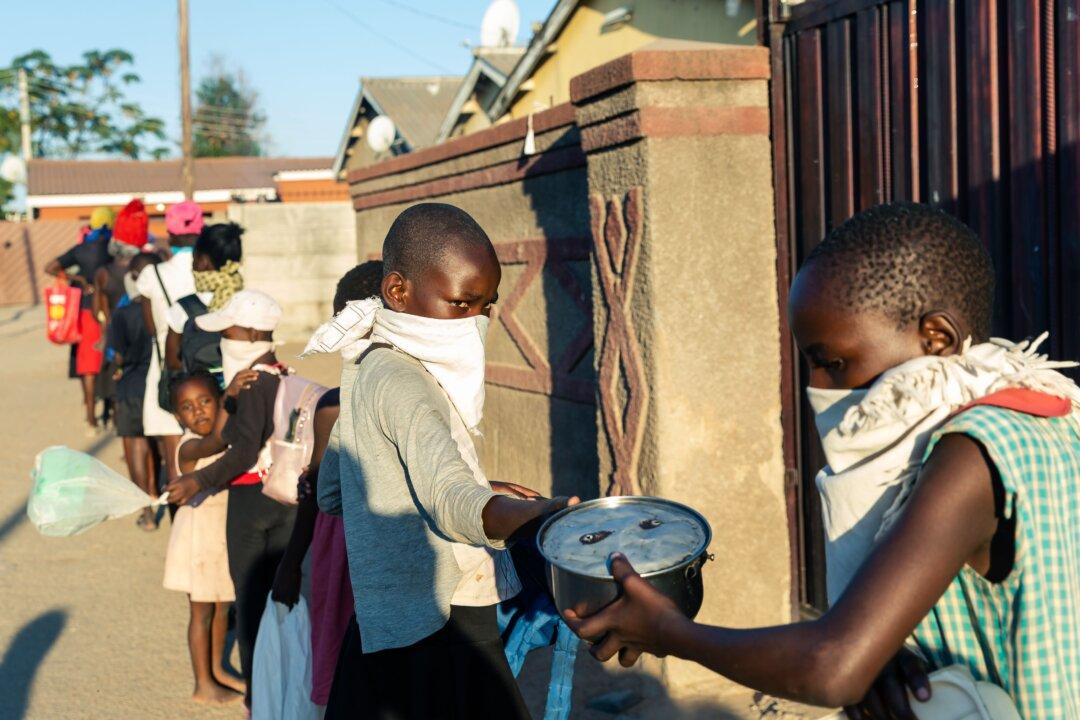Pandemic-related lockdowns in developing countries may reduce 100 million people to grinding poverty while causing suffering and death on a scale that may dwarf the human effects of the CCP virus that causes the disease COVID-19, sources say.
Experts say that in recent years, growing economic freedom has lifted huge segments of the world population out of destitution.





